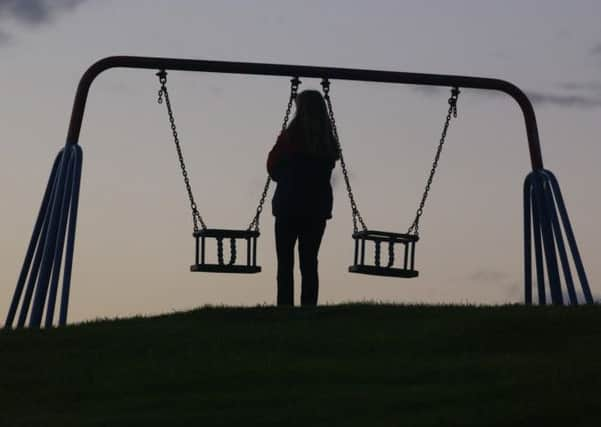Jane Devine: Debate about a child’s right to die


Perhaps that’s why there is such a stir at the moment in Belgium, where the debate on euthanasia, which is legal for adults, has been extended to include children.
Just before Belgium enacted its “right to die” legislation in 2002, there had been a provision in the bill to extend the right to terminally ill children in intolerable physical pain. However, at the last minute this clause was removed. Now it is being debated again and a bill extending the right to die to under-18s has been passed by the upper house, with just the hurdle of the lower house still to clear.
Advertisement
Hide AdAdvertisement
Hide AdHere, where the right to die for adults seems a hard enough debate, talking about letting children make these decisions might seem a step too far. And, as with the debate on adult assisted suicide, there are many contradictions and hypocrisies.
At the moment, life support machines can be switched off and morphine drips turned up to lethal levels for those in the last stages of life: child or adult.
And, as adults, we can decide to take life away before our children are born if they are not planned, convenient or healthy. So the idea that terminating life prematurely doesn’t happen is wrong.
But the real issue is whether a child is really able to make a competent decision about ending their life early. Of course, very young children can’t comprehend such things, but in Scotland our law states that, at 12, a child is criminally responsible.
Surely it follows that if they can be responsible to know what they are doing in killing someone else, they could be responsible enough to take their own life.
Also, picking 18 as an age where people might be able to make a decision about taking their own life is arbitrary. Many children younger than that are old enough to understand if they won’t get better and could comprehend what their life might be like while they wait to die; and if they feel they can put up with that.
Ultimately, no adult can know what it is like to be a terminally ill child because terminally ill children don’t become adults. So, instead of working out what might be better for them and what they can and cannot decide about, we should allow them to have all the options.
Doctors should be able to discuss the option of assisted dying with all the people they look after, no matter their age, just as they discuss end-of-life care.
Advertisement
Hide AdAdvertisement
Hide AdNo parent ever wants to contemplate having a discussion with their child about their death, but perhaps if they could, these debates would be easier and children might be trusted to decide when they too have had enough.